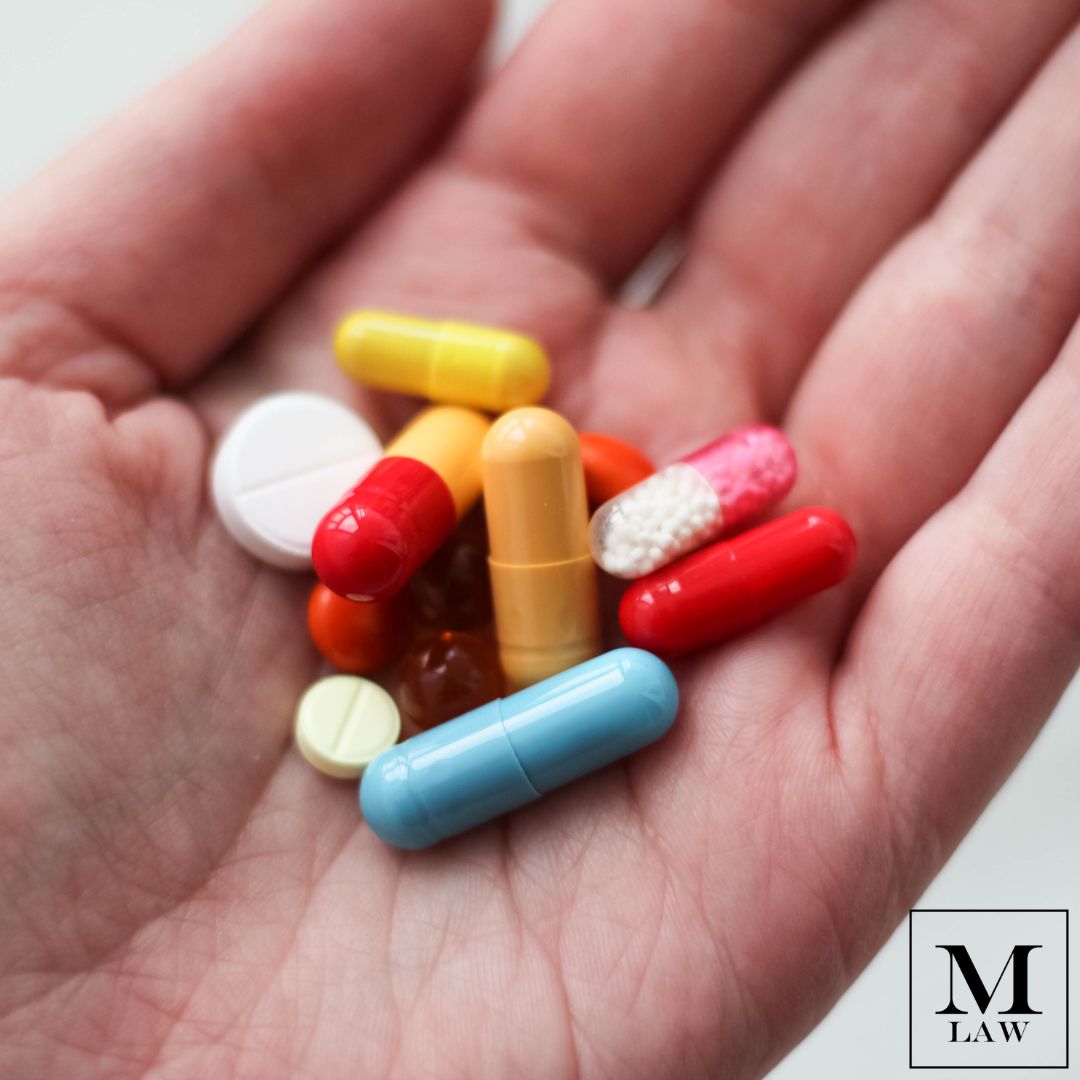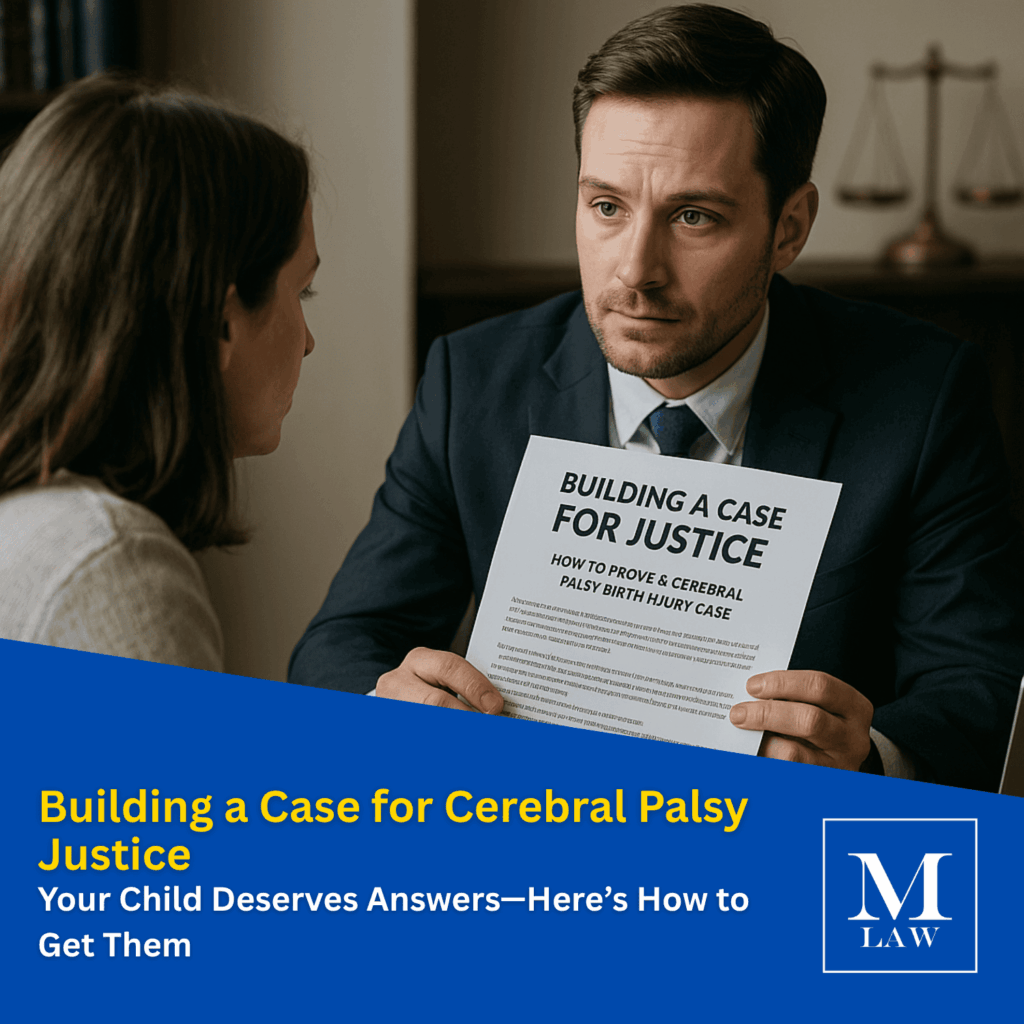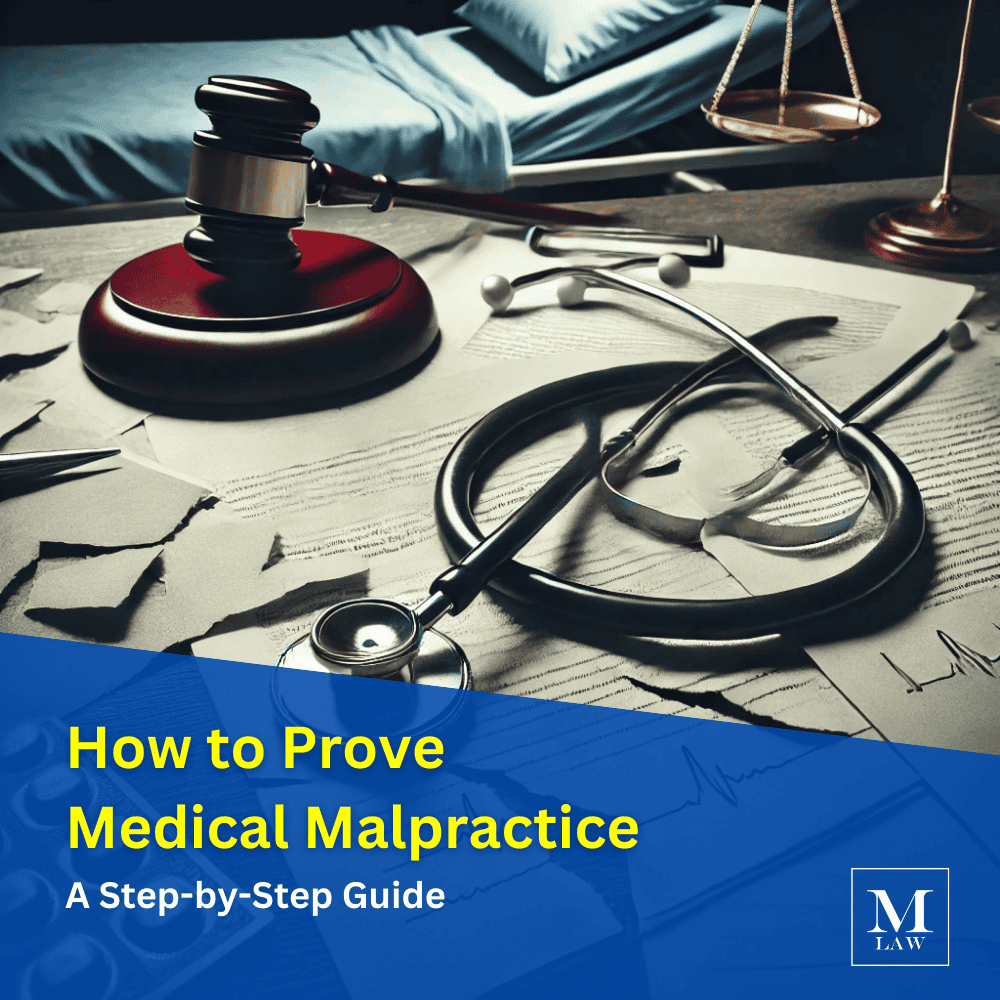Drug interaction malpractice refers to a situation where a healthcare provider prescribes medication to a patient without considering the potential for harmful interactions with other medications the patient is already taking. This can lead to serious or even life-threatening complications, such as adverse drug reactions, allergic reactions, or drug toxicity.
Drug interaction malpractice can occur in several ways, such as failing to review the patient’s medical history, neglecting to ask about medications the patient is currently taking, or overlooking important information on the medication’s label or package insert. The failure to recognize and address potential drug interactions can result in significant harm to the patient and can be considered a form of medical malpractice.
To avoid drug interaction malpractice, healthcare providers should carefully review a patient’s medical history, including all current medications and any known drug allergies, before prescribing any new medications. They should also stay up to date on the latest research and warnings related to drug interactions and should take steps to monitor patients for any signs of adverse reactions. Failure to do so can result in serious harm to patients and can lead to liability for the healthcare provider or facility involved.
Read on to get answers to more frequently asked questions about drug interactions and how they are addressed in medical malpractice law.
Are doctors responsible for drug interactions?
Doctors are generally responsible for identifying and addressing potential drug interactions when prescribing medications to their patients. Healthcare providers have a duty to provide a certain standard of care to their patients, which includes reviewing a patient’s medical history, current medications, and potential drug interactions before prescribing any new medications.
If a doctor fails to take the necessary precautions to identify and address potential drug interactions, they may be held liable for any resulting harm to the patient. This could include a medical malpractice claim, where the patient or their family may seek compensation for damages resulting from the doctor’s negligence, such as medical bills, lost wages, pain and suffering, and other related expenses.
Despite this, doctors are not always the sole parties responsible for identifying and preventing drug interactions. Pharmacists also play an important role in identifying potential drug interactions when filling a prescription. Patients themselves also have a responsibility to inform their healthcare providers of all medications, supplements, and other substances they are currently taking to help prevent harmful drug interactions.
Because of this, it is not always the doctor’s fault if a drug interaction occurs.
Possible Consequences of Drug Interactions
Drug interactions can lead to a variety of consequences, ranging from mild to severe. The possible consequences of drug interactions include:
- Reduced Effectiveness: Drug interactions may decrease the efficacy of one or more medications. When medications interfere with each other’s absorption, metabolism, or action, they may not achieve their intended therapeutic effect.
- Increased Side Effects: Some drug interactions can enhance the side effects of medications. This could lead to heightened adverse reactions, making the patient experience more discomfort or harm than expected.
- Toxicity and Overdose: Certain drug interactions can result in an accumulation of drugs or their active metabolites in the body, leading to toxicity or overdose. This can be particularly dangerous, especially with medications that have a narrow therapeutic index, where the difference between a therapeutic dose and a toxic dose is small.
- Drug Resistance: Interactions may alter the effectiveness of medications, potentially leading to drug resistance in infections or certain diseases. This can reduce the efficacy of treatment options over time.
- Delayed or Prolonged Action: Interactions can affect how medications are absorbed and eliminated by the body, leading to delayed or prolonged drug action. This can impact the timing of medication effects and influence dosing regimens.
- Impact on Nutrient Absorption: Some drug interactions may interfere with the absorption of certain nutrients or essential minerals, leading to nutritional deficiencies.
- Worsening of Medical Conditions: In some cases, drug interactions can exacerbate underlying medical conditions, making the patient’s health worse.
- Allergic Reactions: Drug interactions can trigger allergic reactions or hypersensitivity responses that would not occur with the individual drugs alone.
Can you sue the doctor for bad side effects from drug interaction?
In some cases, you may be able to sue a doctor for bad side effects resulting from a drug interaction. Medical malpractice law allows patients to hold healthcare providers accountable for injuries resulting from negligence or failure to provide a reasonable standard of care. If a doctor prescribed medication to you without adequately considering potential drug interactions, and you suffered harm as a result, you may have grounds to pursue a medical malpractice claim.
To have a successful medical malpractice claim, you will need to demonstrate that the doctor breached their duty to provide a reasonable standard of care, and that this breach directly caused your injuries. This can be challenging, as there are many factors that can contribute to a patient’s adverse reaction to medication. However, if you can establish that the doctor failed to take necessary precautions to prevent a known drug interaction, and that this failure directly caused your injuries, you may be able to recover damages for your medical expenses, lost wages, pain and suffering, and other related expenses.
It’s important to consult with an experienced medical malpractice attorney to evaluate your case and determine whether you have grounds to pursue legal action against your doctor. The attorneys here at Merson Law PLLC can help you understand your legal options and guide you through the complex process of pursuing a medical malpractice claim. Get in touch with our team today by calling our office or by filling out the contact form on this page.








